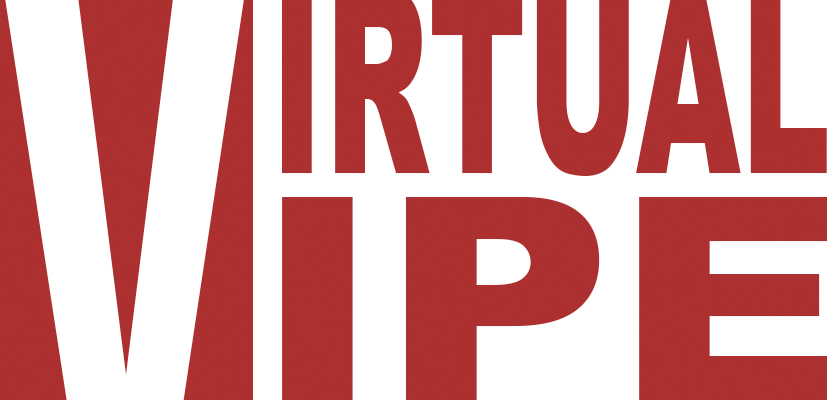Professional Counselor in the United States
About the Profession
Professional counseling is a professional relationship that empowers diverse individuals, families, and groups to accomplish mental health, wellness, education, and career goals. Counselors work with clients on strategies to overcome obstacles and personal challenges that they are facing. Counseling is a collaborative effort between the counselor and client.
What Does a Professional Counselor Do?
Professional counselors help clients identify goals and potential solutions to problems which cause emotional turmoil; seek to improve communication and coping skills; strengthen self-esteem; and promote behavior change and optimal mental health. There are various types of counseling: individual counseling, couples counseling, family counseling, and group counseling. Counselors also use interprofessional collaboration to help clients accomplish goals.
Where Do Professional Counselors Work?
Because there are many specialties in counseling (Addictions Counseling, Child / Adolescent Counseling, Gerontological Counseling, LGBTQ Counseling, Military Counseling, etc.), professional counselors work in a variety of settings. Examples of settings professional counselors are employed at include: schools (PK-12 and higher education); private, nonprofit, and government agencies; community mental health centers; crisis centers; industry settings; hospitals; integrated behavioral health settings; criminal justice/correctional settings; and private practice settings.
Degree Requirements:
To work in the United States as a professional counselor a person must complete a 60 hour accredited master’s program. After the completion of the master’s degree, the person must then complete approximately 2 years of full time supervision experience under a licensed counselor and pass the national counseling licensure examination to earn their license.
To become a school counselor, the licensure requirement varies by state but everyone must complete a 60 hour master’s degree.
Recent Counseling Related Update:
The Council of Accreditation of Counseling and Related Programs Board joined accreditation colleagues from disciplines in the Health Professions Accreditors Collaborative (HPAC) and endorsed the document Guidance on Developing Quality Interprofessional Education for the Health Professions in 2018.
However, IPE/IPC is not officially apart of accreditation standards.
Sources:
2. Kottler, J.A., & Shepard, D.S. (2015). Introduction to Counseling: Voices from the Field. 8th edition. Cengage Learning.
